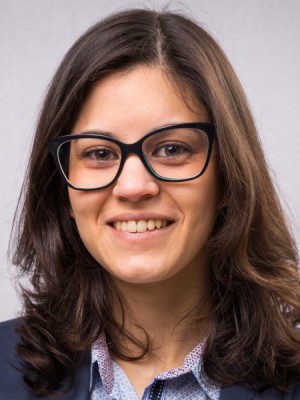abstract
Environmental protection is a central concern regarding municipal solid waste incineration bottom ash (IBA) management, but the assessment of waste Hazardous Property HP14 (ecotoxicity) is still under debate. Civil engineering applications may be a suitable management strategy. This work aimed at evaluating IBA regarding mechanical behaviour and environmental hazardous potential, including a biotest battery for ecotoxicity assessment (comprising miniaturised tests), to explore its potential for safe utilization. Physical, chemical, ecotoxicological (Aliivibrio fischeri, Raphidocelis subcapitata, Lemna minor, Daphnia magna, Lepidium sativum), and mechanical (one-dimensional compressibility, shear strength) analyses were performed. The low leaching for potentially toxic metals and ions complied with European Union (EU) limit values for non-hazardous waste landfills. No relevant ecotoxicological effects were found. The biotest battery seems suitable for ecotoxicological assessment in the aquatic ecosystem, providing wide information on waste impact on different trophic/functional levels and chemical uptake routes, simultaneously involving short-duration tests and reduced amounts of waste.
keywords
SOLID-WASTE INCINERATION; FLY-ASH; HEAVY-METALS; BEHAVIOR; IDENTIFICATION; CONSTRUCTIONS; PHYTOTOXICITY; LEACHABILITY; GERMINATION; FRACTIONS
subject category
Engineering; Environmental Sciences & Ecology
authors
Bandarra, BS; Mesquita, C; Passos, H; Martins, RC; Coelho, PALF; Pereira, JL; Quina, MJ
our authors
Projects
CICECO - Aveiro Institute of Materials (UIDB/50011/2020)
CICECO - Aveiro Institute of Materials (UIDP/50011/2020)
Associated Laboratory CICECO-Aveiro Institute of Materials (LA/P/0006/2020)
Collaboratory for Emerging Technologies, CoLab (EMERGING TECHNOLOGIES)
acknowledgements
Thanks are due to FCT/MCTES for their financial support to CIEPQPF (UIDB/00102/2020) , CESAM (UIDP/50017/2020 + UIDB/50017/2020 + LA/P/0094/2020), and CICECO (UIDB/50011/2020, UIDP/50011/2020 & LA/P/0006/2020) through national funds. B.S.B. is the recipient of an individual research grant by the FCT/MCTES with the reference SFRH/BD/147920/2019, through national funds and ESF (European Social Fund) . H. Passos acknowledges FCT - Fundacao para a Ciencia e a Tecnologia, I.P. for the researcher contract CEECIND/00831/2017 under the Scientific Employment Stimulus-Individual Call 2017.


